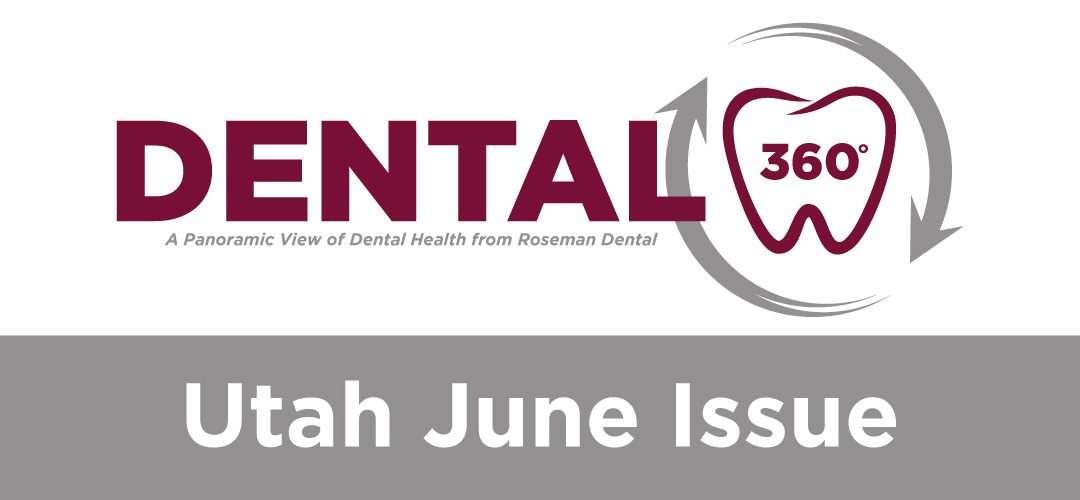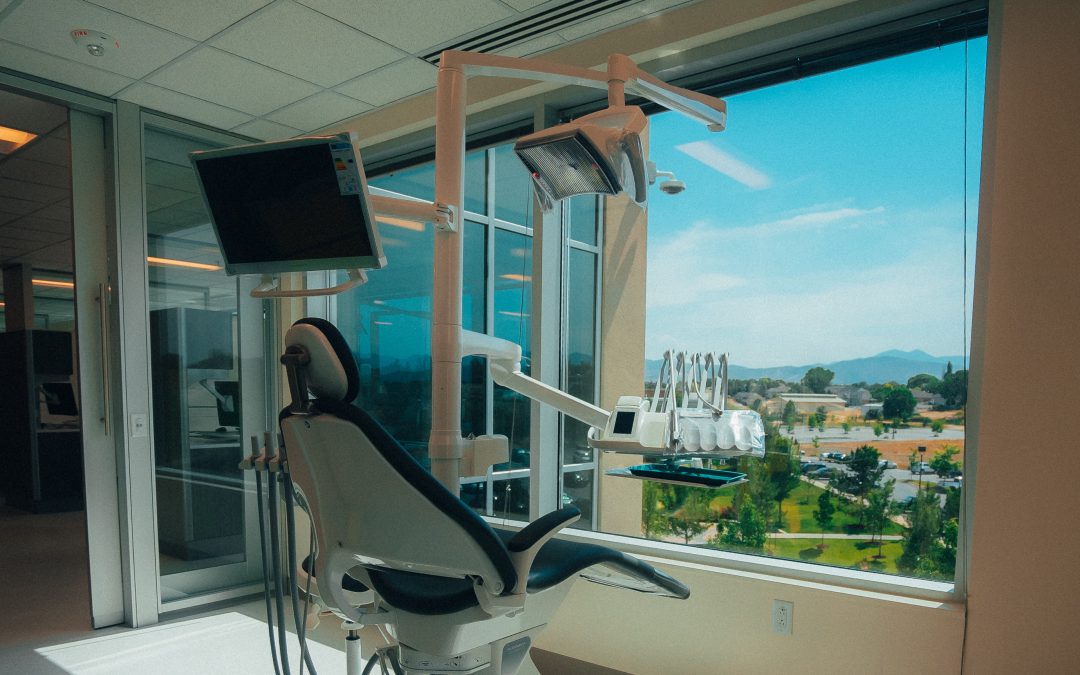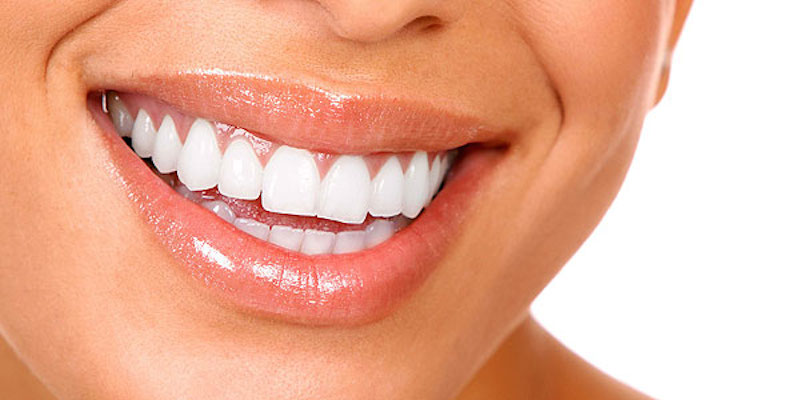
by Roseman Dental | Jun 8, 2022 | Dental 360, Dental Clinic Blog, Roseman Dental - UT
Summer is here! In this June issue of Dental 360°, you’ll get the facts about how dental health is connected to overall health, find out which summer treats could be hurting your teeth, and take a look inside Roseman’s new dental clinic. Plus, you’ll learn about food allergies from our friends at Roseman Medical Group.
Roseman Dental’s Dental 360° is a monthly e-newsletter. Each month you’ll receive a panoramic view of dental health. Dental health is key to your overall health and here at Roseman Dental, we are dedicated to improving not only your mouth, but your whole self. At our clinic we have an excellent team of licensed dentists, dental residents and students, and dental assistants and hygienists all focused on you and your family’s oral health. We offer comprehensive care, are a one-stop shop for all your dental needs and offer dental care at a cost typically lower than what you would find at a traditional dental office. Roseman Dental has been serving its community since 2011 and we look forward to continuing to serve you and your family.
We hope you find Dental 360° helpful and informative. We look forward to connecting with you each month.
Dental 360° June Articles
Healthy Mouth = Healthy Body
Summer Treats That Are Bad for Your Teeth
Team-Based Education – Dental’s New Clinic Model
Food Allergies

by Roseman Dental | Jun 8, 2022 | Uncategorized
By Carson Wolf
In Spring of 2022, the College of Dental Medicine (CODM) at Roseman University of Health Sciences opened a new state-of-the-art dental clinic. Along with this new clinic, CODM is set to transition from a four-year to a three-year dental program incorporating a Team-Based model of education curriculum into their clinics. The new clinic has two reception and patient waiting areas, twenty-four dental operatories, two quiet rooms and provides the ability to accommodate up to ten thousand patient visits annually. It also includes several collaborative student workspaces with innovative integrated technology throughout, and it is configured with the latest interior modular construction that can be easily reconfigured based on future patient care or educational needs or to meet emerging technology changes. The space is light, open, and inviting; the operatories are wrapped in windows, offering spectacular views of the Wasatch mountains and surrounding horse pastures.
“The new three-year program will also significantly reduce student debt. The current four-year program costs students the maximum amount borrowed on loans for Tuition, Fees and Living expenses $490,000,” said Dr. Frank Licari, Dean of the College of Dental Medicine at Roseman University. “With the new three-year program that debt level will decrease to $360,000, more than a twenty-five percent reduction.”
As an expansion to the existing Roseman Dental clinical space, the Team-Based Education clinic will share the same high-quality patient-centered operating procedures, general and specialty dentistry services, and affordable pricing. However, there are very distinct differences between the two clinical spaces. In the existing clinic space, the faculty dentist, dental hygienist, and dental assistants oversee the students in providing direct patient care and treatment while students fill the support positions. The Team-Based Education clinic will give a fresh perspective on this traditional teaching model. The new model will allow the faculty dentist and dental hygienist to directly provide team-based general dentistry care to patients and teach students their initial procedures in the clinic. Dental assistants will also be more actively engaged in providing direct chairside assistance to the providers. Students will continue to rotate and train through all support positions, including dental assistant and hygienist, emphasizing learning how to treat a volume of patients as a dentist, thus creating a student ‘Team-Based’ educational model and service delivery in a clinical setting. This updated perspective is the vision of an educational model that prepares graduates for a future-ready group practice environment. As such, Roseman will develop a futuristic faculty educator and a highly efficient person-centered care delivery system in which student learning and assessment occur without compromising overall patient care outcomes.
Each team will have eight students and one faculty dentist (Team-Based Educator) to treat assigned patients. The faculty dentist is accountable for the patients progressing through treatment and actively interacting with students by actively demonstrating and providing probing questions to assess student knowledge and progress through competence. Students will be paired in teams based on the provider’s patient needs and skill level, and all procedures will have a recommended time interval for completion. The vision and significant focus of the clinic is to provide person-centered care at maximum efficiency. Efficiency will be collected via integrated technology throughout the clinic and assessed under specific quality control measures.
“Our innovative clinic model has students seeing four to six patients a day. We can see students become competent much earlier in the curriculum and were able to re-design the entire curriculum to a three-year program with the same or better outcomes of a four-year program,” said Dr. Frank Licari. “Our class of 2022 just had a one hundred percent first-time pass rate on the new Integrated National Dental Board Exam.”
It is a given that dental school clinics prioritize high-quality oral healthcare, which effectively prevents and manages dental disease. The Team-Based Education clinic’s quality management system is designed to promote quality-driven oral healthcare, is evidence-based, and increases the likelihood of desired health outcomes. The clinic considers the quality of care in the fundamental areas of structure, process, and outcomes and will assess six specific aims for improvement: safe, effective, efficient, person-centered, timely, and equitable.
The Team-Based Education clinic will follow defined best practices. Such strategies include, but are not limited to, a formally documented policy that defines all aspects of quality assurance and improvement, tracking and reporting quality metrics to identify problems, resolve issues and implement changes, and solicit patient feedback. These practices will demonstrate that the program is meeting community standards and pursuing excellence.
As part of Roseman’s commitment to graduate future-ready practitioners, the Team-Based Education clinical space will also significantly focus on technology integration through all aspects of the clinic. The clinic is equipped with collaborative student workspaces with large interactive digital screens, digital signage, scheduling displays, etc. It has built-in innovative Bluetooth technology with data-collecting sensors to optimize operational efficiency, student education, and patient care. Patient appointments will be monitored for efficiency, timeliness, and overall patient satisfaction.
“When fully operational, our new three-year curriculum and team-based clinic model should significantly lower student debt, teach students to work and lead teams and provide graduates ready for group practice environments,” said Dr. Frank Licari.
Roseman believes the Team-Based Education clinic’s educational model is the future of dental education and will serve as a model moving forward. The College of Dental Medicine looks forward to welcoming its first students to the new state-of-the-art clinic!

by Roseman Dental | Jun 7, 2022 | Dental Clinic Blog
You probably know that proper oral care, including brushing and flossing your teeth, will keep your teeth clean and your gums healthy, but did you know that even basic oral hygiene can help with keeping your entire body healthy? Many dentists and primary care doctors understand that the health of the mouth can indicate other potential health issues, and unhealthy mouths can also lead to disease in other parts of the body.
A Dirty Mouth
The average person’s mouth has many different types of bacteria. Not all of them are harmful, but when teeth go without proper care, the number of total bacteria living in a mouth could be between 100 million and 1 billion—about 1/7 the population of the entire planet!
While much of the mouth’s bacteria is harmless, and some is even helpful, the buildup of harmful bacteria can cause significant problems. It can lead to gum disease like gingivitis, or invite more severe periodontal disease, tooth decay, and eventually even tooth loss.
Connecting Your Mouth and Your Health
Most experts believe that the link between dental health and overall health stems from inflammation, which is the body’s natural response to infection. Inflammation tells the immune system to go to the part of the body that is experiencing the problem so it can fight off the disease. Acute inflammation—the kind that happens when you get hurt or sick—is good for the body because it helps the immune system identify and fight infection, disease, or injury. However, in cases of frequent and ongoing gum disease causing chronic inflammation, the chemicals released to fight the infection can actually wear down the immune system, making less effective at defeating disease throughout the body. The body responds with an inflammatory process, including blood vessel expansion, to increase blood flow to the affected areas. Instead of receding when the threat is gone, the immune system continues to attack. Inflammatory chemicals like histamine, bradykinin and prostaglandins continue to flood the area, damaging the healthy tissue.
The Link Between Oral Health and Chronic Disease
The strongest connection between oral health and chronic disease is with diabetes. Studies show that that inflammation and periodontal disease weaken the body’s ability to control blood sugar levels, which is critical to controlling diabetes. Conversely, high blood sugar levels will contribute to higher levels of sugar in the saliva, creating an ideal environment for more bacteria to grow. This increases the severity of gum disease for diabetic patients.
Heart disease has also been closely linked to oral health, although the reasons are still unclear. Part of the connection may be that the risk factors for heart disease and gum disease are similar, including smoking, being overweight or obese, and eating an unhealthy diet. Some researchers and medical professionals also theorize that inflammation in the mouth can lead to inflammation in the blood vessels. This inflammation makes it harder for blood to travel throughout the body, raising blood pressure and heightening the danger that arterial plaque could break off the walls of the blood vessels and cause a stroke or heart attack.
Other diseases and chronic conditions that may be linked to oral health problems include:
- Endocarditis
- Premature birth and low birthweight babies
- HIV/AIDS
- Osteoporosis
- Alzheimer’s disease
Protecting from Oral Disease
The best way to prevent periodontal disease is to practice good oral hygiene habits:
- Brush those teeth at least twice per day
- Floss daily
- Eat a healthy diet with lots of fruits and veggies, and limited or no sugar
- Visit with a dentist regularly for check-ups
Visiting the dentist every six months makes catching potential problems easy. Issues like gingivitis, gum recession, bone loss, tender tissues, and an increased number of cavities all can indicate more significant problems. Since these changes are subtle, a dentist may have a difficult time diagnosing the symptoms of someone who comes in infrequently for check-ups. Seeing the same dentist regularly and building a care history in one place is important to maintain dental health.
The providers at Roseman Dental offer empathic, patient-centered care at accessible costs. Make an appointment to keep your smile and body healthy for the long haul.

by Roseman Dental | Jun 5, 2022 | Dental Clinic Blog, Oral Health, Roseman Dental - NV, Roseman Dental - UT
Now that hot weather is here, the time is right for barbecues, swimming, and cooling off with some warm weather treats. Popsicles, smoothies, and other sugary confections are fun parts of long summer days. Unfortunately, these treats can quickly do the teeth more harm than good, especially if you aren’t being careful about keeping up with proper oral care. Here are a few summer treats to skip, and some better options to consider.
Popsicles and Shaved Ice
Before you grab that flavored popsicle or head to the local shaved ice shack, it’s important to understand how these chilly snacks could be harmful to the teeth. Both are often loaded with sugars, whether through-and-through or covered in sugary syrup. This sugar eats away at the outer layer of tooth enamel, encourages bacteria growth, and can easily lead to cavities. In addition, biting or chewing on icy things could lead to chipped teeth to severe pain from cold sensitivity.
There are plenty of cold sweet treats that wreak less havoc on the teeth. Reach for a bowl of fresh fruit straight out of the refrigerator, which can help satisfy your craving for something sweet with a little natural sugar, and the cold will help satisfy your craving for something cool on a hot summer day.
Ice Cream
What’s more fun than going to the ice cream shop on a warm summer day? Like popsicles and shaved ice, ice cream is also loaded with sugar and can cause sensitivity and pain from both the sugar and cold temperatures. People in the U.S. already consume two to three times the amount of sugar recommended by the American Heart Association (AHA)—kids consume on average 32 teaspoons (tsp) per day, adults consume 22 tsp, and the AHA recommends no more than 9.5 tsp, so adding a daily ice cream treat might be increasing sugar intake to potentially harmful levels.
Instead, try buying sugar-free or low-sugar ice cream, and skip the toppings like caramel or syrup. If you do indulge a little in ice cream, try to eat it immediately following a regular meal, since the extra saliva in your mouth can help rinse the sugar from your teeth. Another smart choice is to brush your teeth within about 10 minutes to remove any lingering sugar.
Sodas and Sports Drinks
In the warm weather months, many kids and adults participate in sports teams and outdoor activities. Sports drinks can seem like the obvious choice after a long workout or intense game to help rehydrate, but keep in mind that these drinks can be full of sugar. They’re especially rough on the teeth straight from the bottle because the liquid comes in direct contact with the teeth. Many sodas also have the added problem of high acid levels that eat away at tooth enamel.
Instead of sugary sports drinks and sodas, reach for water to quench that thirst. If you do decide to drink a soda or a sports drink, drink through a straw to limit tooth exposure as much as possible. Also try to drink soda only during meal times, rather than sipping on it throughout the day and extending the time your teeth are exposed.
What to Feed Kids
Without the structure of a school day, kids might be spending a lot more time snacking throughout the day. To keep the sugar intake at a minimum, have some healthy snacks ready:
- Protein-filled snacks like nuts, cheese, and turkey
- Vegetables like celery and carrot sticks
- Fruits like apple or orange slices, bananas, berries, and grapes
- Plenty of cold water—add some fresh lemons, limes, mint, or cucumbers to the water to enhance the flavor
For more tips about teeth-friendly snacking, talk to a dentist today. If you don’t have a dentist, make an appointment with Roseman Dental for affordable and patient-centered dental care.




